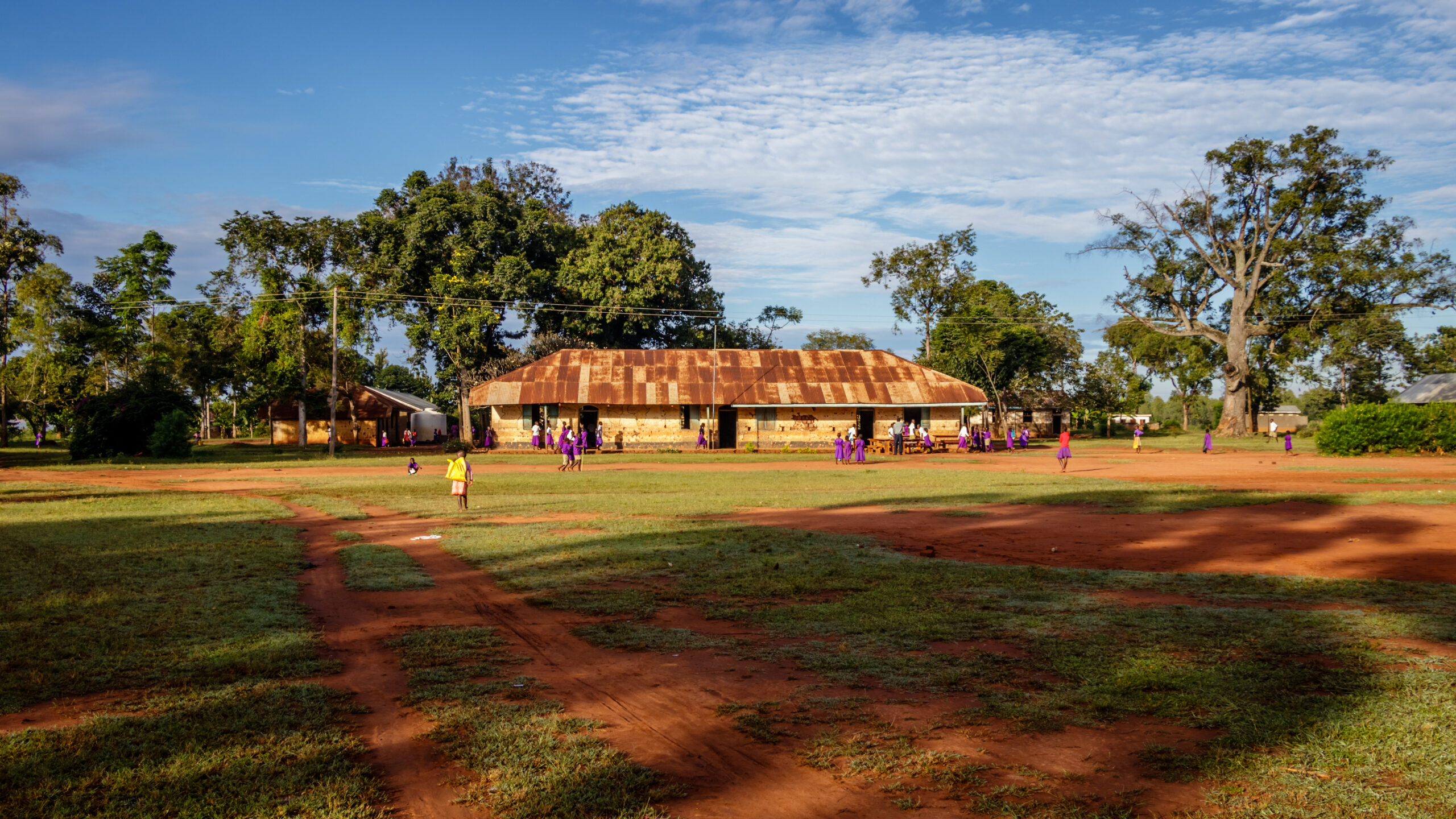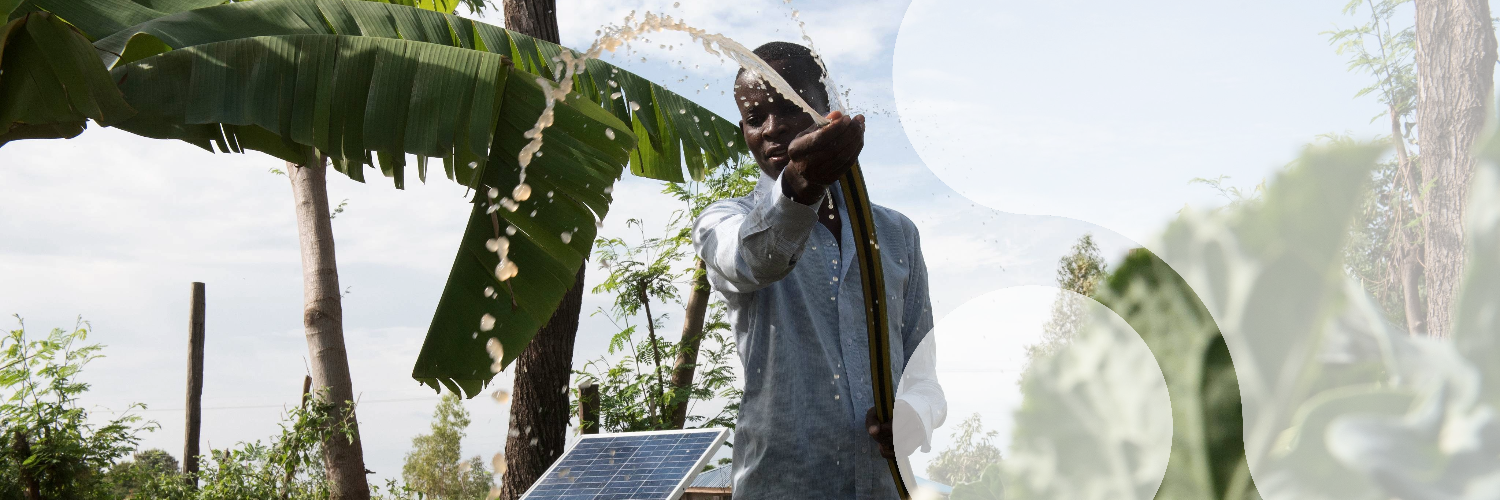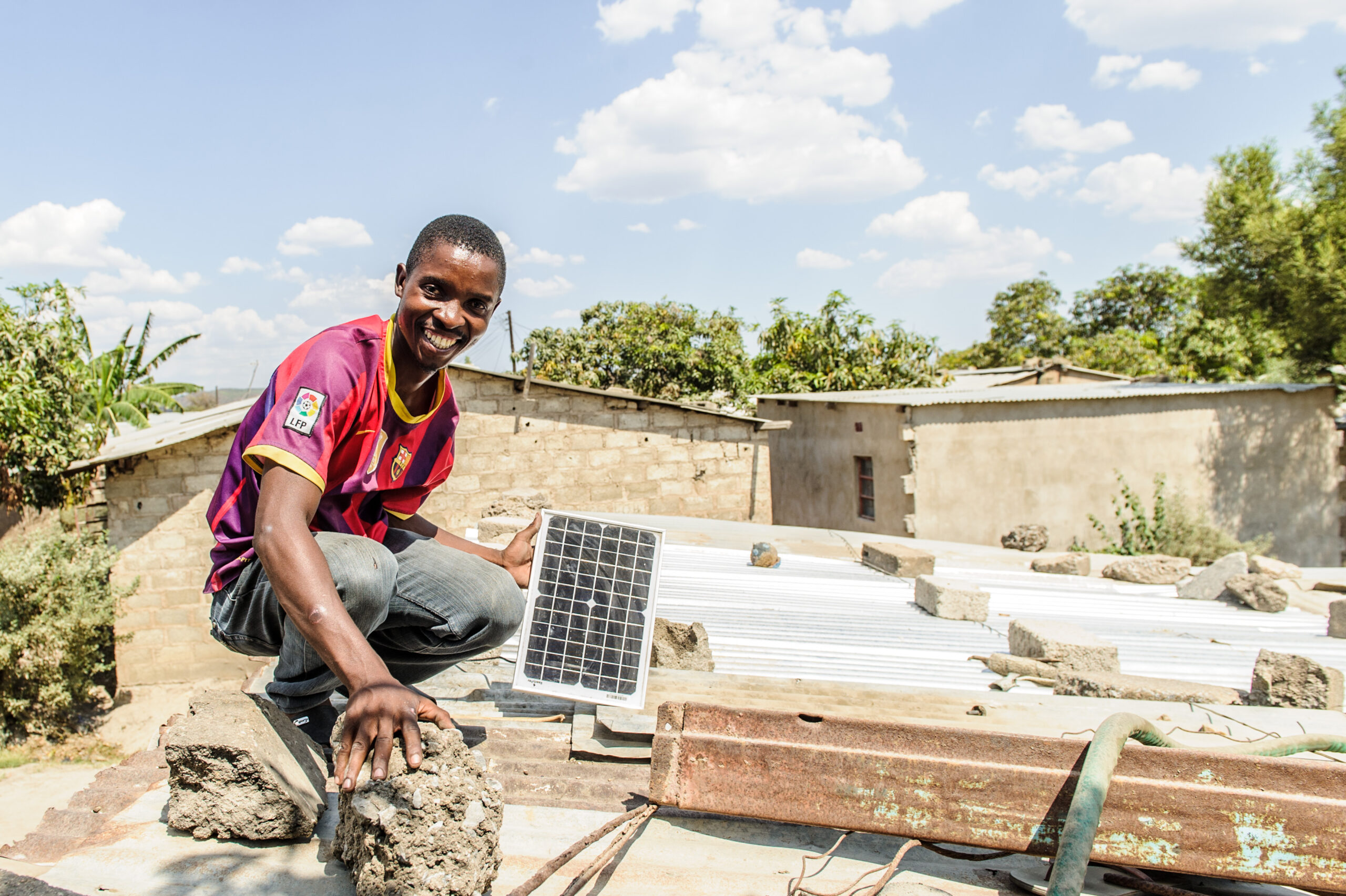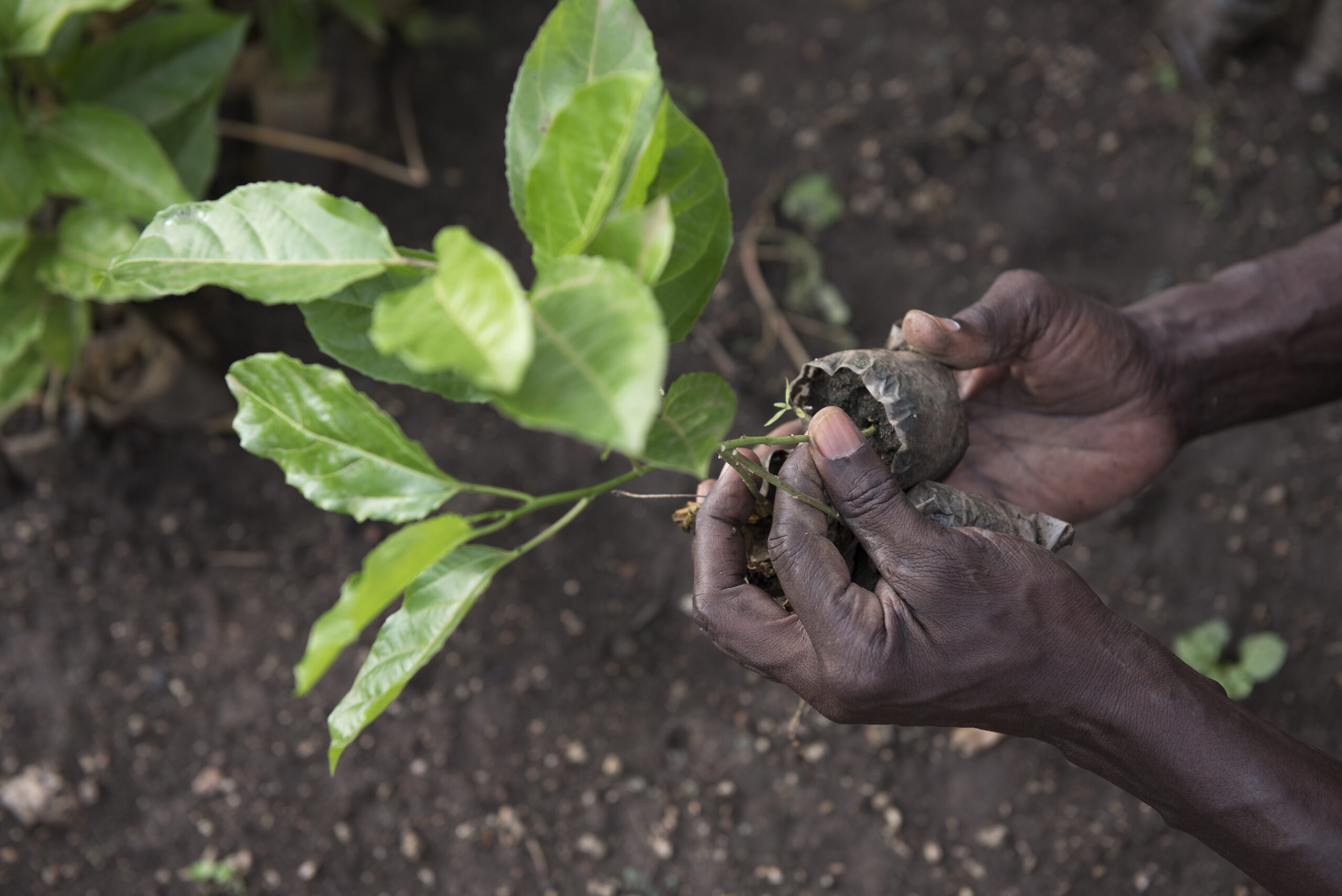This will require the deployment of both grid supply and off-grid supply of electricity. Currently, it is estimated that only 28 per cent of the Ugandans have access to electricity. The core function of BGFA is to address this need by providing financial incentives to selected private companies, which shall offer high-quality energy services and products under sustainable and inclusive market conditions to rural and peri-urban people in Uganda.
The six-year SEK 130 million (EUR 11.8 million) programme with initial funding from the Embassy of Sweden in Kampala expects, subject to a successful market scoping and final donor decision, to allocate results-based capital investment into market expansion made by private sector entities selected by competition in 2021. As with the other BGFA country windows, the programme will also seek to provide local institutional capacity building. BGFA in Uganda will commence with a comprehensive market scoping phase later in 2020 reaching out to interested stakeholders.
Although Uganda is one of the most vibrant off-grid markets in sub-Saharan Africa, it has so far only reached a fraction of the market.
“One of Sweden’s key development priorities around the world is to increase access to sustainable, affordable and clean energy, in line with the goal of universal access to affordable and clean energy. The Beyond the Grid Fund has found a sustainable way of incorporating the private sector to provide energy services to underserved people in peri-urban settings who do not have access to the national grid. We are happy to partner with NEFCO and REEEP in this initiative and look forward to increasing the impact the project has had in sub-saharan Africa so far,” says Per Lindgärde, Sweden’s Ambassador to Uganda
The facility is managed by NEFCO and implemented by REEEP. NEFCO’s Ash Sharma, Head of BGFA, sees great potential in the planned expansion to Uganda. “This innovative, results-based facility initiated by Sweden is expected to start funding rounds in four other countries in autumn this year. The intention is to design the new Ugandan country window based on this experience and the outcome of the market scoping with the aim to stimulate and accelerate the emergence of new business models for the provision of affordable and climate-friendly energy access at scale whilst demonstrating sustainability over time.”
Andreas Zahner, BGFA Programme Director at REEEP added: “Uganda is one of Africa’s most dynamic and exciting nations, and we could not be more pleased to do what we can to support Ugandan businesses and economic growth. And of course doing so while helping to bring modern energy to more Ugandans, particularly those in rural areas. Especially coming at such a challenging time for the whole continent, we believe BGFA could really contribute to unlocking Uganda’s full potential,” he added.
Subject to a successful market scoping and final donor decision, the new Uganda window will form an integrated part of the BGFA programme, running approximately one year behind Zambia, Burkina Faso, Liberia and Mozambique and learning from the implementation in those markets. Total funding of the BGFA now stands at approximately EUR 59 million, currently financed entirely by Sweden through the Swedish International Development Cooperation Agency (Sida). The fund is also open to other like-minded donors and discussions with a number of potential contributors are ongoing.
About Sida
The Swedish International Development Cooperation Agency (Sida) is the Swedish government agency for development cooperation. Sida strives to reduce world poverty by allocating resources and knowledge with the goal of making a difference for people in Africa, Asia, Europe and South America. To achieve this, Sida collaborates with actors from civil society and universities as well as the public and private sectors. Sida’s activities are funded through Swedish tax revenue.
About BGFA
The Beyond the Grid Fund for Africa facility is established and managed by the Nordic Environment Finance Corporation (NEFCO), an international financial institution focused on environmental and climate investments, and implemented in partnership with the Renewable Energy and Energy Efficiency Partnership (REEEP), an international multilateral partnership based in Vienna, Austria, working to accelerate market-based deployment of renewable energy and energy efficiency in developing countries. Sweden is contributing an initial SEK 500 million (approx. EUR 46 million) to the expansion through Sida and its embassies in target countries. The facility is open to other like-minded donors and is in discussion with a number of potential contributors.




